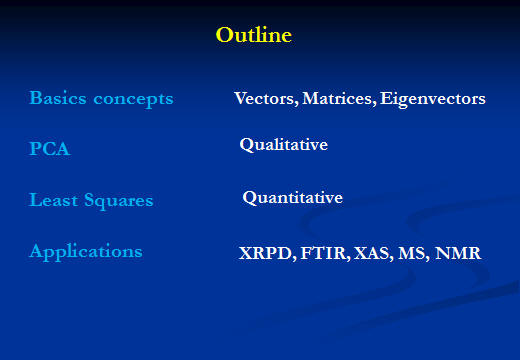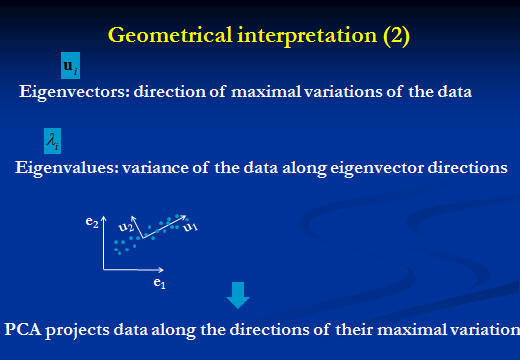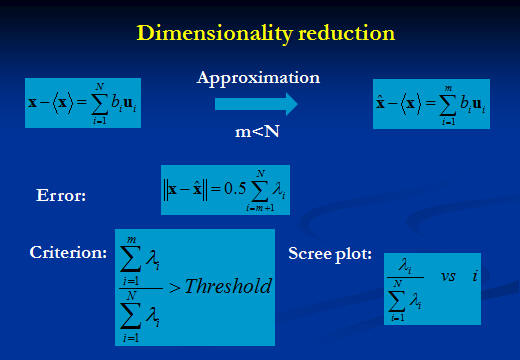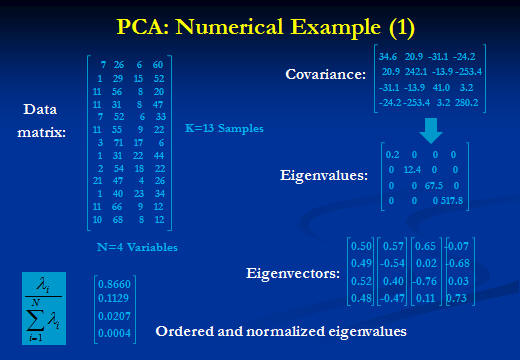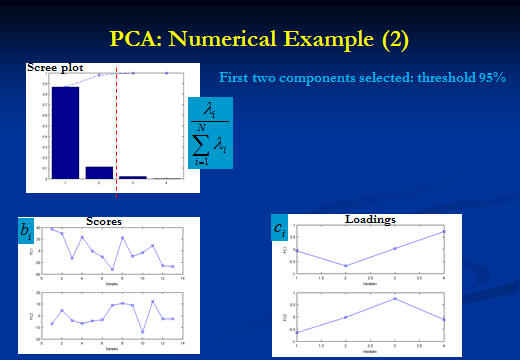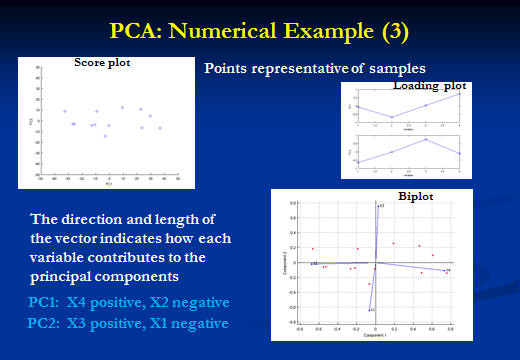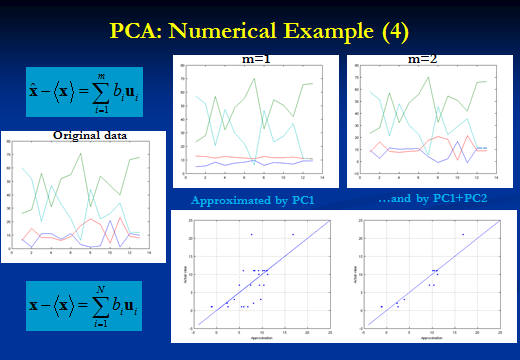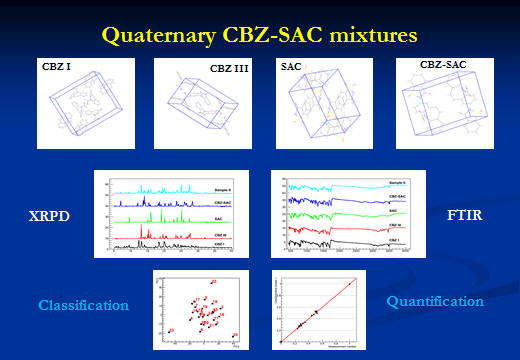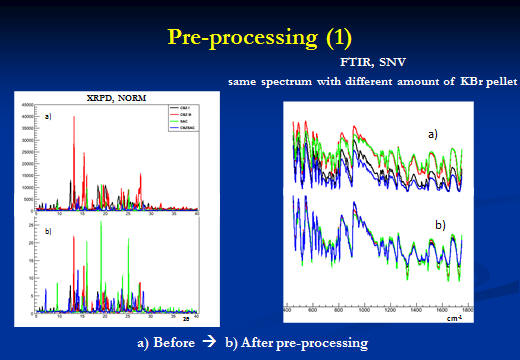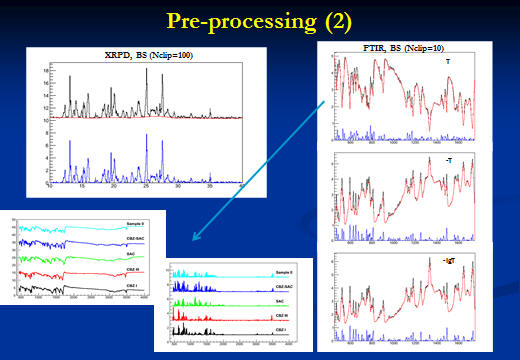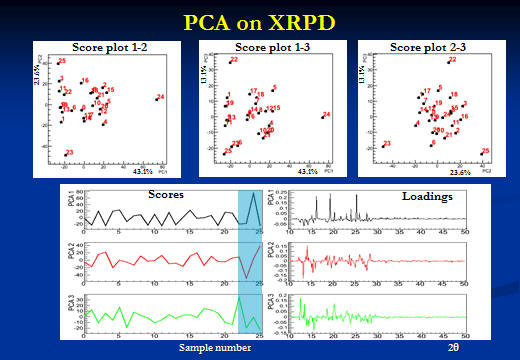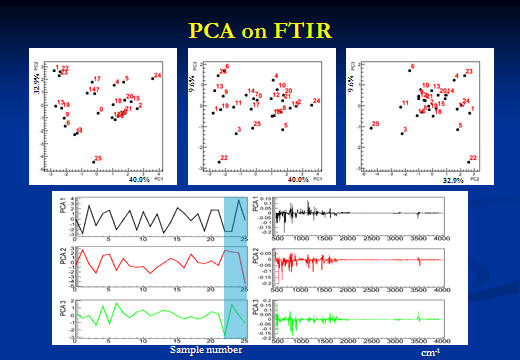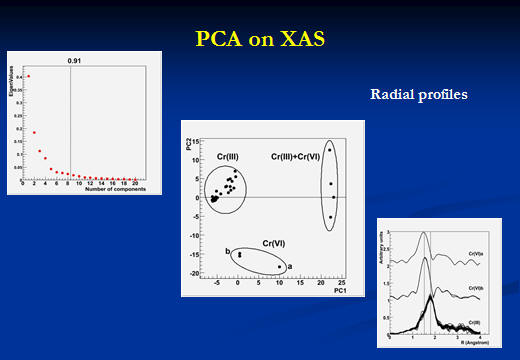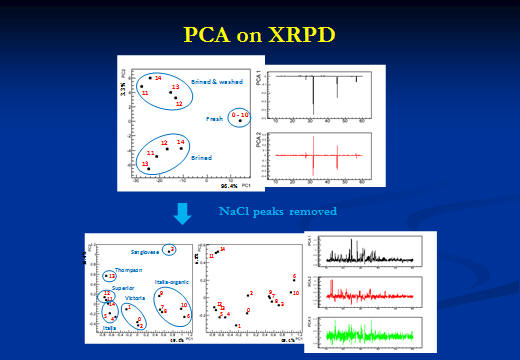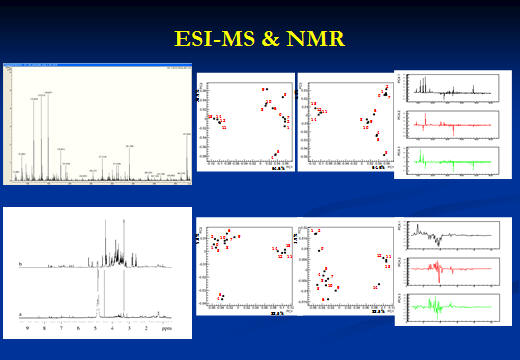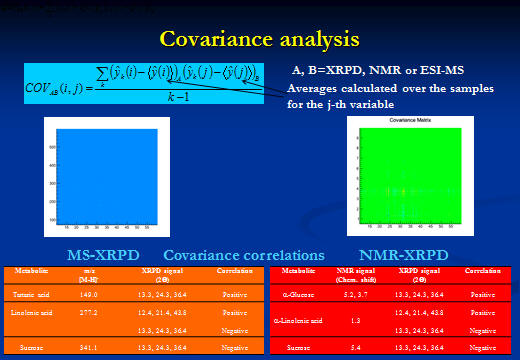OVERVIEW
RootProf applies multivariate analysis to profiles from diffraction or spectroscopic measurements. It is based on the data analysis framework ROOT, developed at the European Center for Nuclear Research (CERN). Input profiles are pre-processed with methods which are specific of the measurement technique. Then various analyses can be performed:
qualitative analysis, aiming at grouping the profiles according to their main features. It is based on principal component analysis (PCA);
quantitative analysis, aiming at assessing the weight fraction of pure phase components in a powder mixture. It can be performed by two methods: i) MultiFit, which is based on the whole pattern fitting of mixture profiles with those from pure phases. It is accurate, but slow. ii) Unfolding, which is faster but less accurate. If more than one powder mixture has been measured, a special procedure which couples PCA with MultiFit is performed;
morphological analysis, aiming at assessing the average size of cristallites composing the powder samples (only possible in case of X-ray powder diffraction patterns). It is based on the analysis of the width of a specific peak;
crystallinity analysis, aiming at assessing the degree of crystallinity of a powder sample by profile fitting methods;
covariance analysis, aiming at correlating the features seen from different techniques (only possible when data on the same samples with more than one technique are available). A covariance matrix between the profiles from the two techniques.
Qualitative and covariance analysis can be performed on any kind of unidimensional profile.
A command file generated by the used drive the workflow. Results consists in written text and histograms. Graphic results can be interactively analyzed.
Workflow

Widening

